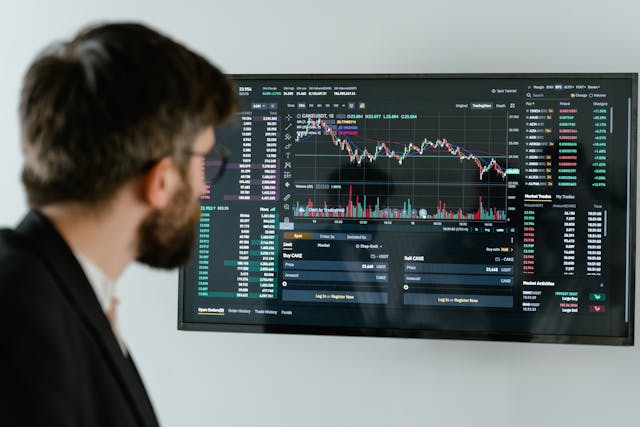
Like other European Nations, Italy has also undergone profound changes in its economic potential
Italy, like many other nations around the world, has faced unprecedented challenges during the COVID-19 pandemic and the economic impact has been profound and varied, with key sectors such as tourism, hospitality and manufacturing having suffered serious setbacks. However, as Italy prepared to emerge from the health crisis, attention shifted towards economic evolution in the post-pandemic period between emerging economic trends, historical challenges and unprecedented opportunities emerging in the global panorama.
Post-pandemic economic recovery is a complex challenge that requires a multifactorial approach. Italy, like many other nations, is engaged in the struggle to re-establish a certain economic solidity and reduce the gap caused by the crisis. In light of this, the Italian government has implemented a series of economic stimulus measures, which include investments in infrastructure, tax incentives for businesses and support for the most affected sectors. The road to recovery is not without obstacles and the fragility of the healthcare system, growing unemployment and low consumer confidence are just some of the challenges Italy faces in the process of economic reconstruction. Furthermore, the increase in public debt and the need for structural reforms represent further challenges that require careful consideration and action by the authorities and all actors involved.
Despite the challenges, the post-pandemic period also offers significant opportunities for a typically resilient nation as Italy is and, one of the sectors that could benefit most from the new approach is technology and innovation. The crisis has highlighted the importance of digitalisation and technological transformation to ensure a valid economic recovery. Italy has an excellent industrial base and a solid start-up ecosystem that could play a key role in developing innovative solutions to address future challenges. The renewable energy sector could represent an opportunity for sustainable economic growth for Italy in the post-pandemic period. The country has enormous potential in terms of renewable resources, which could be exploited to reduce dependence on traditional energy sources and promote the transition to a low-carbon economy.
The pandemic has had a significant impact on the Italian labor market, with an increase in unemployment and greater job insecurity but, the post-pandemic period could be an opportunity to redefine the various working methods by promoting greater flexibility and agility in the labor market. The growing adoption of remote working could allow businesses to access a broader talent base and reduce operational costs but it is essential to ensure that this transformation does not lead to greater inequality in access to job opportunities and that policies are put in place in order to promote the inclusion and protection of workers themselves.
To fully exploit the opportunities of the period following the lock-downs due to the Covid19 pandemic, it will be essential to invest in education and professional training. Italy must adapt its education system, as is already happening in many regions of the peninsula, to provide the skills and knowledge necessary for the economy of the future. This could include targeted professional training programmes, incentives for innovation and the creation of partnerships between businesses and educational institutions. Italy is faced with a series of challenges and opportunities that it can face with the awareness of representing a solid economic and professional system and particularly accustomed to recovery after difficult and demanding periods. Economic recovery will, however, require a collective commitment from government, business and society as a whole. With a well-designed strategy and a strong spirit of innovation, Italy can emerge from this crisis stronger and more resilient than ever with the support of a new generation of young talents capable of developing an economy in step with new technologies and new professional systems.
Alessandro Fiorentino



 Subscribe
Subscribe